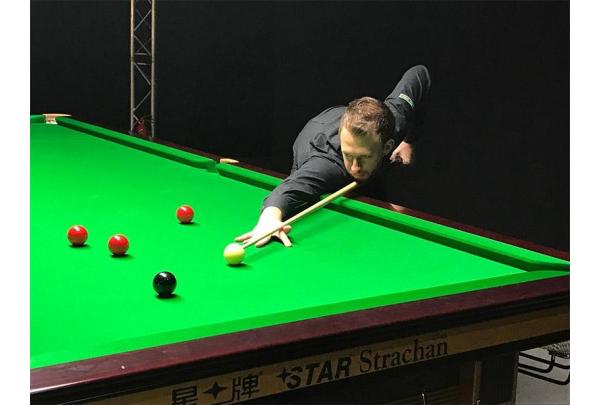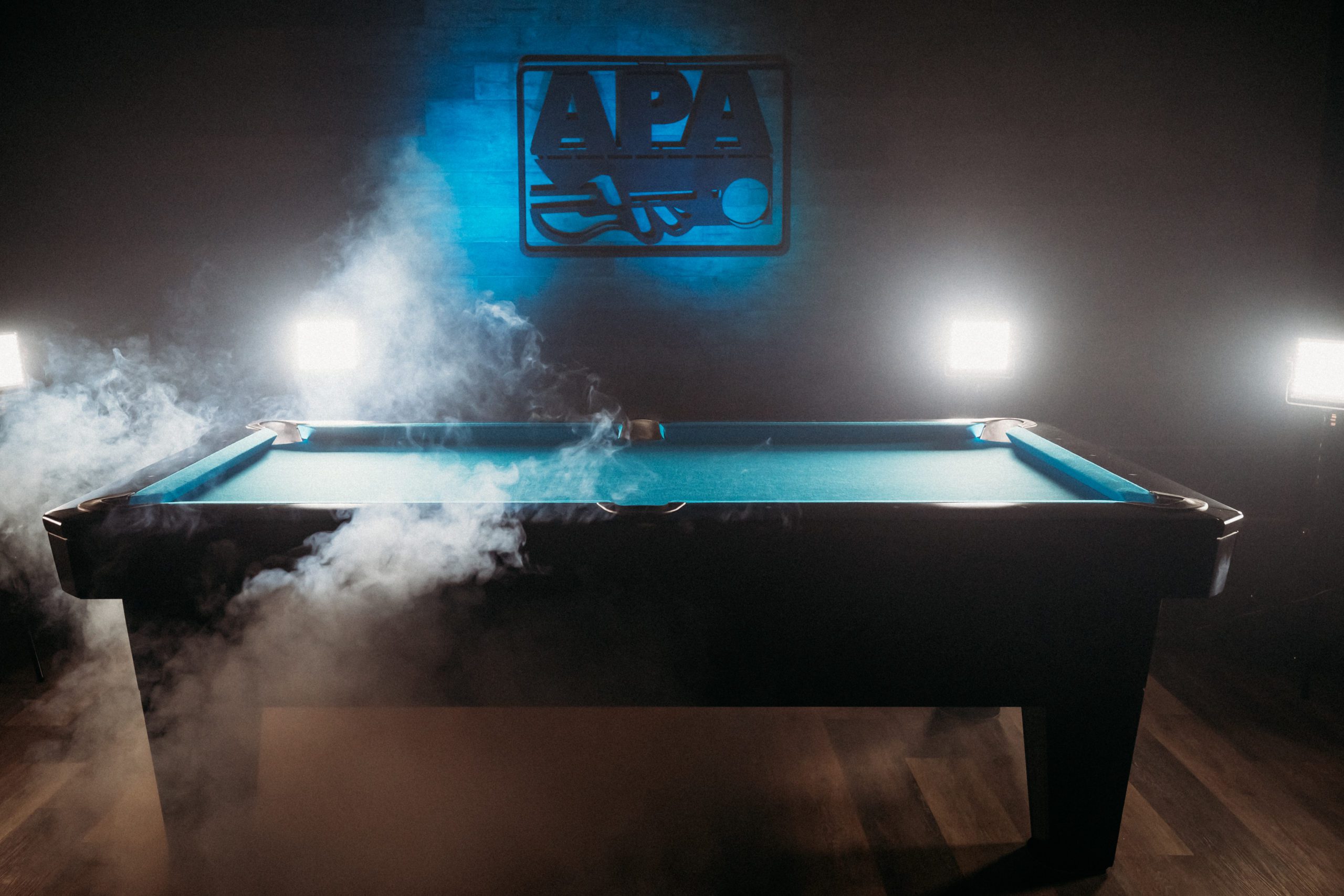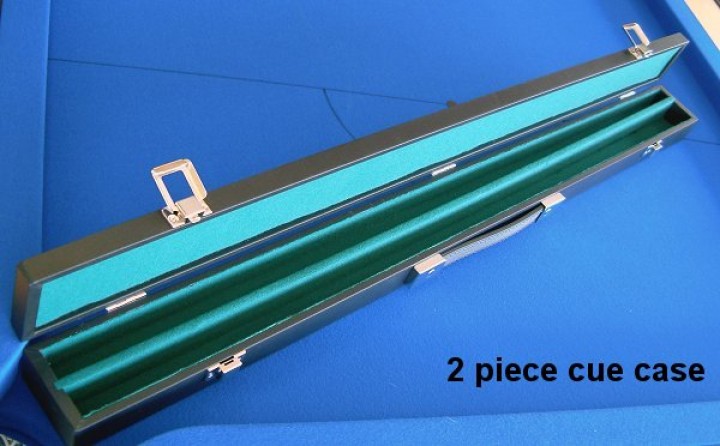
Consider the material when choosing a cue tip. You can choose from soft, medium, and hard materials. It can also have an impact on the cue's feel, making a firmer shot feel better. It also affects the squirt and sideways tip flex. If the tip becomes soft, shaft flex and the endmass will be minimized.
Hard
Professional and high-level players prefer a hard cue tip. It requires less maintenance than a soft tip and maintains its shape longer. It doesn't absorb the energy of the cue ball as well as a hard tip.
Soft
A Soft cue tip can be very useful when a player wants a more pliable cueball. These tips are typically made of leather and come in a range of hardness levels. Materials used to make them can range from laminated leather to single-piece materials. Other popular materials include bakelite and phenolic.

Medium
Kamui Cue Tip products are made from premium Pigskin. This allows for maximum porosity and humidity resistance. These tips have excellent chalk retention, which helps improve tip-grip. These tips will last for years, and you can buy a set of ten.
Phenolic
The phenolic tip on your pool cue can add up to 17% extra power to your break shot. This material provides a more smooth contact surface and is responsive to pressure. These properties make phenolic tips an excellent choice for players who want to increase their power.
Leather
One of the most sought-after types of tip is the leather cue tip. Leather tips are more durable than synthetic ones made of cork or plastic. Leather tips are more popular, but synthetic tips might be better suited for home use.
Splice
There are several ways to splice a pool cue's tip if you're considering buying one. Some prefer hand-splicing their tips. This method is more expensive and requires more skill. You can purchase a cue with a hand splice if you want to play top-quality.

Size
The shaft should be the same size as your tip. This will ensure that you hit the ball more evenly, and generate less vibration. Also, a smaller tip will produce less squirt as you hit the ball. This will allow you to feel better for your shots.
Materials
Consider the spin and angle of the ball when selecting materials for your cue tip. A slightly rounded tip gives the player the ability to give spin to the ball. A rounded tip is usually rounder than a dime's curvature. A rounded edge is often thicker and more durable than a nickel.